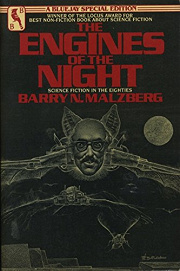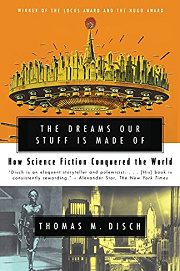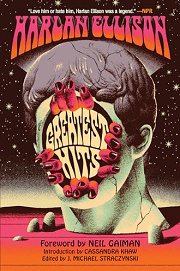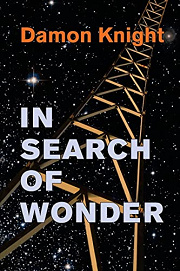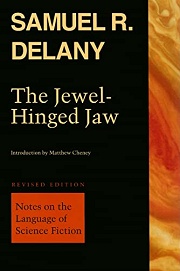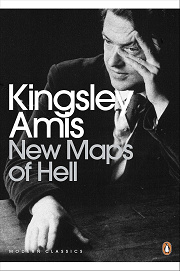Share your thoughts in a quick Shelf Talk!
The Engines of the Night by Barry N. Malzberg
Part memoir, part map of a turbulent field, The Engines of the Night peers behind the curtain of mid-century science fiction—its triumphs, compromises, and dreams. With wry candor, it celebrates the writers who lit the way and the strange, brilliant nights that fueled them.
Have you read this book? Share what you liked (or didn’t), and we’ll use your answers to recommend your next favorite read!
Love The Engines of the Night but not sure what to read next?
These picks are popular with readers who enjoyed this book. Complete a quick Shelf Talk to get recommendations made just for you! Warning: possible spoilers for The Engines of the Night below.
In The Engines of the Night, did you enjoy ...
... caustic, insider critiques of the SF field’s myths and career realities?
The Dreams Our Stuff Is Made Of by Thomas M. Disch
If it was Malzberg’s unsentimental industry memoirs and his essay “A Galaxy Called Rome” that grabbed you—the way he strips the glamour off awards nights and agency slush piles—you’ll relish Disch’s scalpel. In The Dreams Our Stuff Is Made Of, Disch dissects sacred cows from Heinlein to media franchises, calls out the field’s self-delusions, and maps how fandom, editors, and commerce shape what gets written and remembered. It has that same mordant, insider bite that made Malzberg’s convention and career recollections so bracing.
... the bleak, uncompromising tone and willingness to stare into the abyss?
I Have No Mouth And I Must Scream by Harlan Ellison
If what held you in The Engines of the Night was Malzberg’s unflinching bleakness about art, failure, and survival in SF, Ellison’s stories channel that same ferocity through fiction. “I Have No Mouth, and I Must Scream” traps Ted, Ellen, and the others inside AM’s sadistic hell; “’Repent, Harlequin!’ Said the Ticktockman” turns rebellion into a grim joke about control. That pitiless edge—the one you felt in Malzberg’s recollections of writers burning out—thrums through every page here.
... short, incisive critical pieces that read like razor-edged vignettes of the field?
In Search of Wonder by Damon Knight
If you liked how Malzberg’s brief essays and memoir shards add up—those sharp bursts about editors, awards, and the grind—Knight’s classic criticism delivers that same staccato pleasure. His demolition of A. E. van Vogt’s plotting, his clear-eyed takes on Asimov and Heinlein, and his capsule autopsies of magazines feel like the professional counterpart to Malzberg’s war stories: compact, pointed pieces that reveal a whole ecosystem in a few scorching pages.
... self-aware, meta reflections on how SF stories mean what they mean?
The Jewel-Hinged Jaw by Samuel R. Delany
If Malzberg’s field-level x‑ray—especially in “A Galaxy Called Rome”—made you crave more meta about how SF works, Delany’s essays are the deep dive. In “About 5,750 Words,” he anatomizes sentence-level effects; elsewhere he probes how Nova and The Einstein Intersection encode myth and cognition. Where Malzberg narrates the life around SF, Delany opens the hood on the text itself—another kind of backstage, just as revealing.
... the big-think, idea-dense critique that leaves you chewing on the field for days?
New Maps of Hell: A Survey of Science Fiction by Kingsley Amis
If the pleasure of The Engines of the Night was the heady rush of arguments—Malzberg weighing SF’s ambitions against its compromises—Amis offers a foundational, idea-rich survey. He parses the lineage from dystopias like Huxley and Orwell to mid‑century space and satire, classifies subgenres with bite, and tests grand claims against actual texts. It delivers that same afterglow of hard thinking you got from Malzberg’s most provocative chapters.
Unlock your personalized book recommendations! Just take a quick Shelf Talk for The Engines of the Night by Barry N. Malzberg. It’s only a few questions and takes less than a minute.
